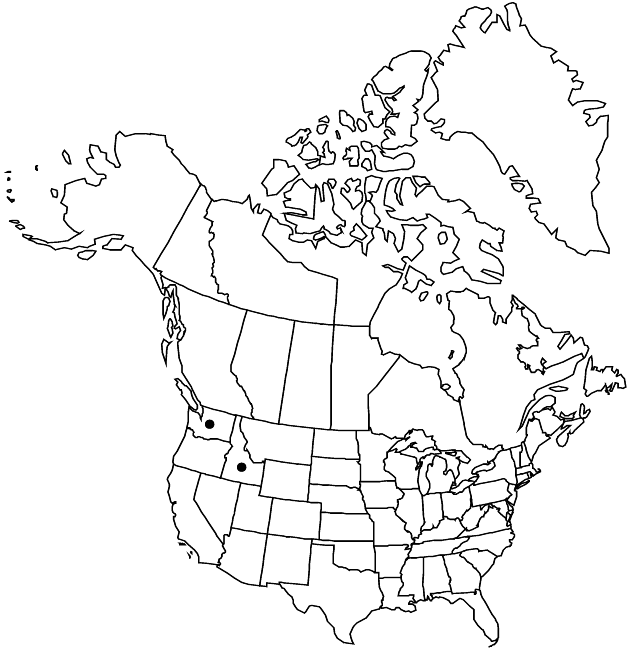Difference between revisions of "Pyrrocoma liatriformis"
Leafl. Bot. Observ. Crit. 2: 17. 1909.
FNA>Volume Importer |
imported>Volume Importer |
||
| Line 8: | Line 8: | ||
}} | }} | ||
|common_names=Palouse goldenweed | |common_names=Palouse goldenweed | ||
| + | |special_status={{Treatment/ID/Special_status | ||
| + | |code=E | ||
| + | |label=Endemic | ||
| + | }}{{Treatment/ID/Special_status | ||
| + | |code=C | ||
| + | |label=Conservation concern | ||
| + | }} | ||
|basionyms= | |basionyms= | ||
|synonyms={{Treatment/ID/Synonym | |synonyms={{Treatment/ID/Synonym | ||
| Line 63: | Line 70: | ||
|publication title=Leafl. Bot. Observ. Crit. | |publication title=Leafl. Bot. Observ. Crit. | ||
|publication year=1909 | |publication year=1909 | ||
| − | |special status= | + | |special status=Endemic;Conservation concern |
| − | |source xml=https:// | + | |source xml=https://bibilujan@bitbucket.org/aafc-mbb/fna-data-curation.git/src/bb6b7e3a7de7d3b7888a1ad48c7fd8f5c722d8d6/coarse_grained_fna_xml/V19-20-21/V20_967.xml |
|tribe=Asteraceae tribe Astereae | |tribe=Asteraceae tribe Astereae | ||
|genus=Pyrrocoma | |genus=Pyrrocoma | ||
Revision as of 20:53, 27 May 2020
Plants 25–70 cm. Stems 1–3, erect, sometimes curved-ascending, sparsely villous to tomentose, eglandular. Leaves: basal blades lanceolate to oblanceolate, 80–310 × 9–30 mm, margins entire or undulate, ciliate; cauline sessile, blades lanceolate, 30–120 × 5–20 mm; faces sparsely tomentose, eglandular. Heads 4–12 in open, racemiform arrays. Peduncles 0–3 cm. Involucres campanulate, 10–23 × 12–20 mm (in axils of leafy bract). Phyllaries in 4–5 series, green, lanceolate, 5–12 mm, unequal, margins entire, ciliate, apices acute, faces villous. Ray florets 17–25; corollas 6–14.5 mm. Disc florets 35–60; corollas 7–11 mm. Cypselae narrowly oblong, 4.5–6.5 mm, 4-angled, faces striate, villous; pappi tawny, 5.8–8 mm. 2n = 36.
Phenology: Flowering Jul–Aug.
Habitat: Prairies, roadsides
Elevation: 700–1100 m
Discussion
Of conservation concern.
Pyrrocoma liatriformis is one of the dominants of virgin Palouse prairies and appears to be threatened. It is recognized by its hirsute stems, leaves, and phyllaries, and the small, pedunculate heads.
Selected References
None.
